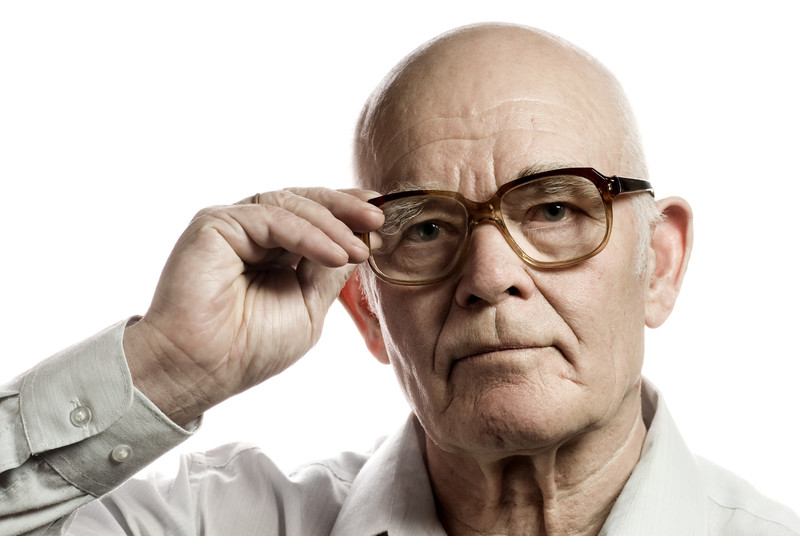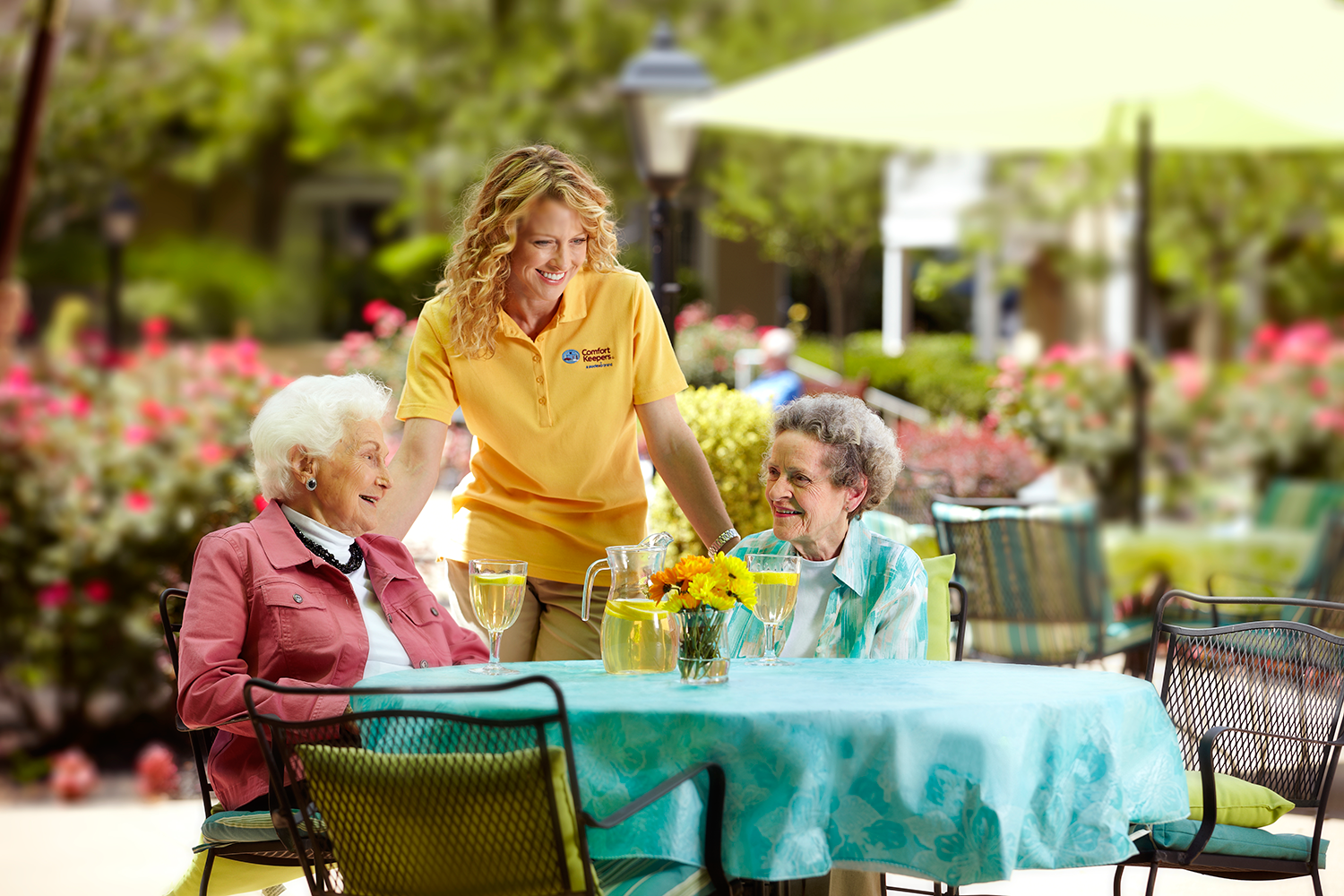Glaucoma Facts for Seniors
Edmonton Senior Health | January 28, 2018

What Every Senior in Edmonton, AB Needs to Know About Eye Health and Glaucoma
Glaucoma Facts for Seniors | Glaucoma is a painless disease, but it is very serious because it can damage the optic nerve. This is the nerve that allows us to see, as it connects the eye to the brain. Glaucoma often afflicts senior citizens and is a leading cause of blindness. Learn about the risks, symptoms, causes, and treatments for glaucoma from in-home care experts.
Glaucoma Facts for Seniors
Risk Factors: The largest risk influencing the development of glaucoma is high eye pressure. Old age and previous eye injuries are a risk, as well as thin corneas and nearsightedness. Other risk factors include a family history of glaucoma, shock, or anemia, and use of steroids.
Symptoms of Glaucoma: There are five separate types of glaucoma, but open-angle glaucoma is the most common. There are no easily identifiable symptoms, except a gradual loss of vision. Older adults should make sure to visit the ophthalmologist every year so that their vision changes can be monitored. Narrow-angle glaucoma is another type, and it is considered a medical emergency. Symptoms can include severe eye pain, redness, blurred vision, seeing halos around lights, sickness, nausea, and vomiting. If seniors experience these, they should alert their family or in-home care provider and get to a doctor immediately.
Causes of Glaucoma: Glaucoma usually develops when the fluid inside of the eye fails to drain properly. Due to increased fluid buildup, the pressure inside the eye increases which can hinder the optic nerve. Over time, this can lead to vision loss and blindness. Glaucoma can also affect those with normal eye pressure if they have a weak optic nerve with poor blood circulation.
Glaucoma Treatments: Glaucoma can be treated by a doctor in several ways. Most commonly, they will treat glaucoma with eye drops, which work by reducing the formation of fluid in the eye and increasing flow outward. Stinging, red, and irritable eyes are some symptoms of glaucoma eye drops. Seniors’ doctors should be informed about any medication allergies and can prescribe an oral medication in the case that eye drops do not work.
What Can Seniors and Their Caregivers Do?
Seniors with glaucoma can turn to laser surgery for treatment to increase eye fluid flow for those with open-angle glaucoma, and to stop the blockage of fluid for those with angle-closure glaucoma. Laser surgeries to treat glaucoma include trabeculoplasty, cyclophotocoagulation, and iridotomy.
Glaucoma and general eye health can be improved with lifestyle changes and home remedies. In-home care specialists recommend that seniors eat a healthy diet rich in omega-3 fatty acids and dark leafy green vegetables, sleep well with their heads elevated, and exercise frequently.
Glaucoma is not a preventable disease, but with an early diagnosis and treatment, it can be put under control. Seniors who make it a priority to visit their ophthalmologist every year will have a reduced risk of blindness and a higher quality of life with healthy eyes as they age.
Comfort Keepers® in Edmonton Can Help with In-Home Elderly Care!
If you are concerned about the health and well-being of your aging loved ones we can help. Comfort Keepers®’ trained caregivers help provide senior clients with the highest quality of life possible to keep them happy and healthy at home.
Companionship and Interactive Caregiving™
Our Interactive Caregiving™ provides a system of care that addresses safety, nutrition, mind, body, and activities of daily living (ADLs).
Moreover, our trained caregivers are selected with one specific quality in mind: empathy. Empathetic care is care that starts in the heart, and it allows us to meet our client’s exact needs.
Learn more about our unique service offering by contacting the Comfort Keepers Edmonton office. If you live in Devon, Edmonton, Sherwood Park, or Stony Plain and surrounding areas, contact Comfort Keepers at 780-465-4665.
Comfort Keepers® Edmonton is an Approved Service Provider for the Client Directed Homecare Invoicing Program Offered by Alberta Health Services. Is Invoicing the Right Option for You? Read more about the program HERE.
Comfort Keepers Edmonton is here to help you and your loved ones get the best care possible. Awarded the “Accredited with Exemplary Standing” seal by Accreditation Canada. Our Edmonton location has achieved the highest available certification in Canada for Home Care services, clearly demonstrating Comfort Keepers’ commitment to offering safe, high-quality home care to its senior clients in Edmonton.
Individualized Home Care Options
Long-Term Home Care, 24 Hour Home Care & Short Term Care Options Customized for You







